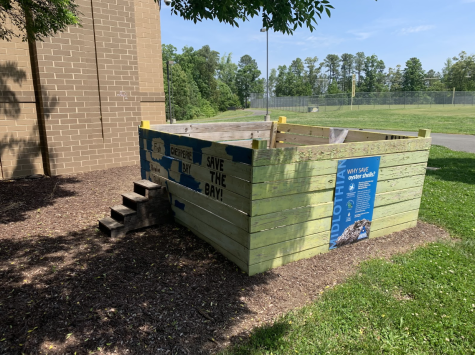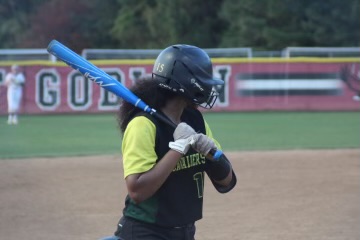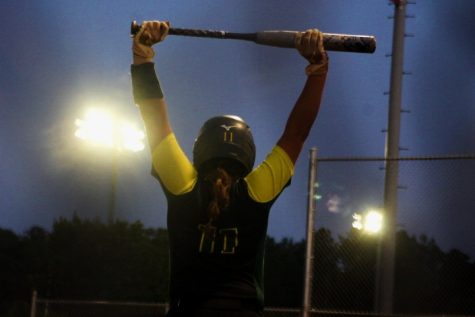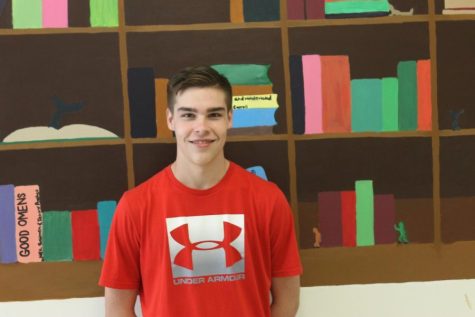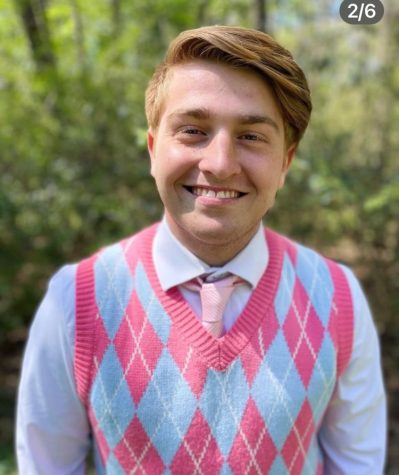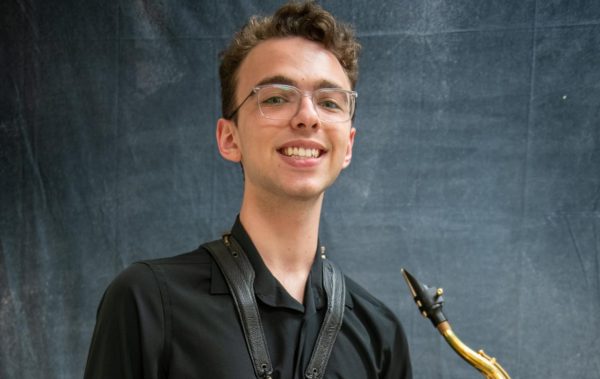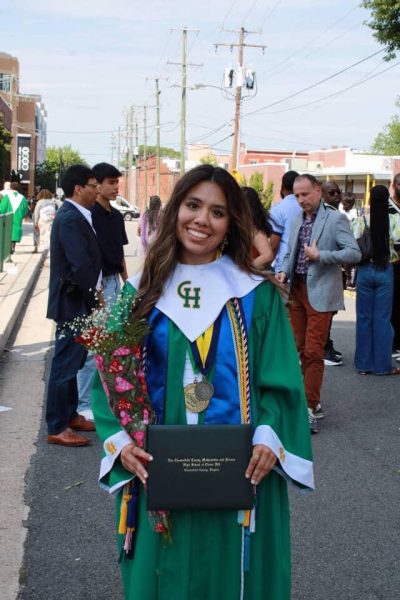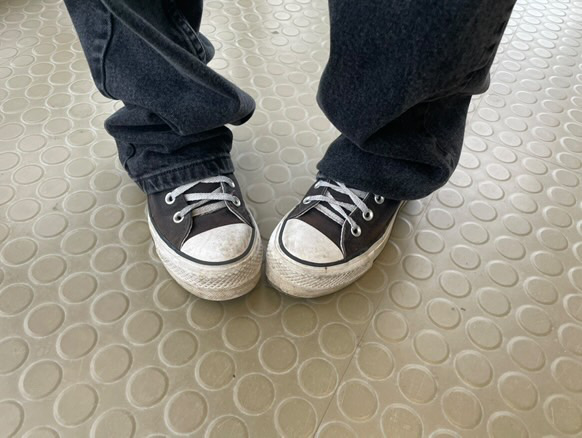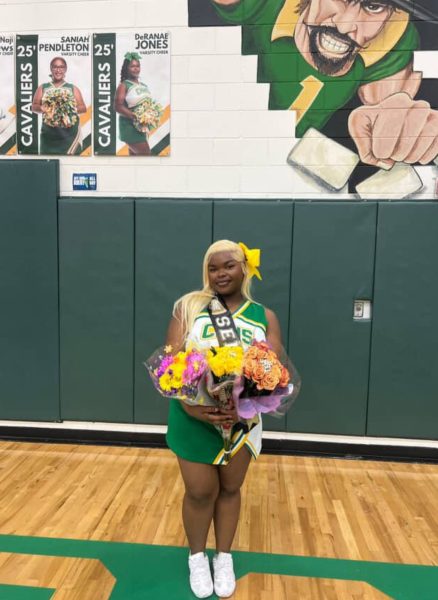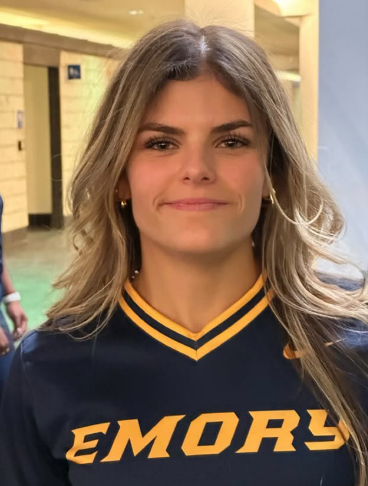Students tackle novels for NaNoWriMo challenge

The goal of NaNoWriMo is to write a book.
The creative writing class and writing guild made a joint effort to participate in the NaNoWriMo writing challenge this year, encouraged by creative writing teacher Daniel Waidelich. NaNoWriMo tasks participants with writing an entire novel within the month of November.
Junior Nanette Harris, a student of Waidelich’s, chose to join the challenge.
“Mr W brought it up as a sort of extra credit assignment [so that] it wasn’t required but he would give you points if you did it,” Harris said.
Waidelich understood what a massive undertaking NaNoWriMo was, so he made a deal with students.
“If they complete it, it counts as their final exam grade for this class,” Waidelich said.
Even with the rewards that came along with completing the challenge, Waidelich opted to decrease the minimum word count.
“I only ask for twelve thousand [words] and I do that because everyone’s got a lot going on,” Waidelich said. “It’s hard to write five hundred words let alone twelve thousand.”
At the end of the month, three writers had submitted novels.
“The three people who turned it in went way above, hitting like twenty to thirty thousand words,” Waidelich said.
Waidelich reported a common genre among the submissions.
“They were all realistic fiction, real world struggles about young people,” Waidelich said. “The things you’d expect high schoolers to write about, things in their neighborhood.”
Waidelich feels that the students chose to write about everyday life because it is more familiar to them. It was also convenient for writing a novel within the one month time frame.
“For teenagers in America, when you’re writing it’s very easy to write a drama, realistic fiction, comedy, something like that and look at the world around you for inspiration because it’s all happening here in this high school,” Waidelich said. “It’s a lot easier to download that information and put it back on a page than it is to create an entire fantastic universal world and know every single corner of it while trying to meet a deadline.”
Senior Sam Rockvam made significant progress on his story but was ultimately unable to complete the NaNoWriMo challenge.
“I didn’t have the time and homework was starting to pile up,” Rockvam said.
The challenge was difficult for Rockham, as he was writing a story set in a dystopian future. While some students like Rockvam created a new world to set their stories in, others wrote novels that contain autobiographical elements.
Sophomore Jonathan Potts, one of the three to complete the challenge, created realistic fiction about a character named David Davis who navigates a basketball career while going through hardships including, but not limited to, drug addiction and injury.
Waidelich feels that even if a small portion of students completed the challenge, many tried and likely discovered something about themselves as a writer. Waidelich even admitted to not operating well under the rules of NaNoWriMo, but he still believes the format has potential to inspire others.
“So many people probably have novels in them and they might not even think that about themselves,” Waidelich said.
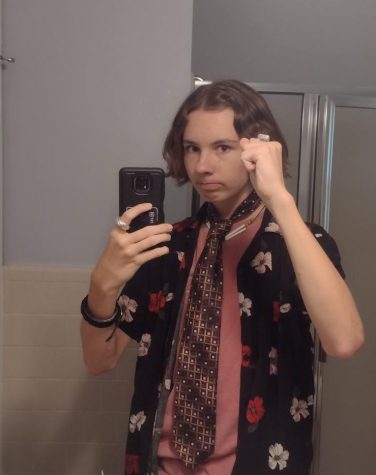
Jackson Bechtold’s interests lie primarily in graphic design and English. He’s a senior currently involved with the library, the film club, and this...


